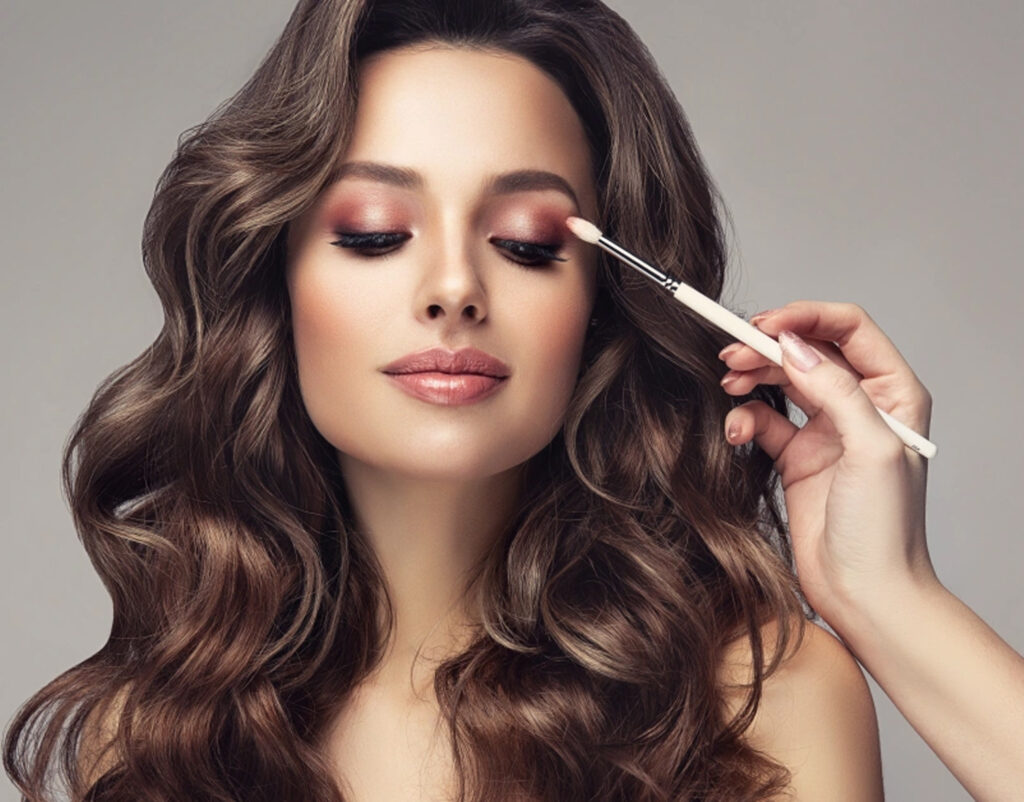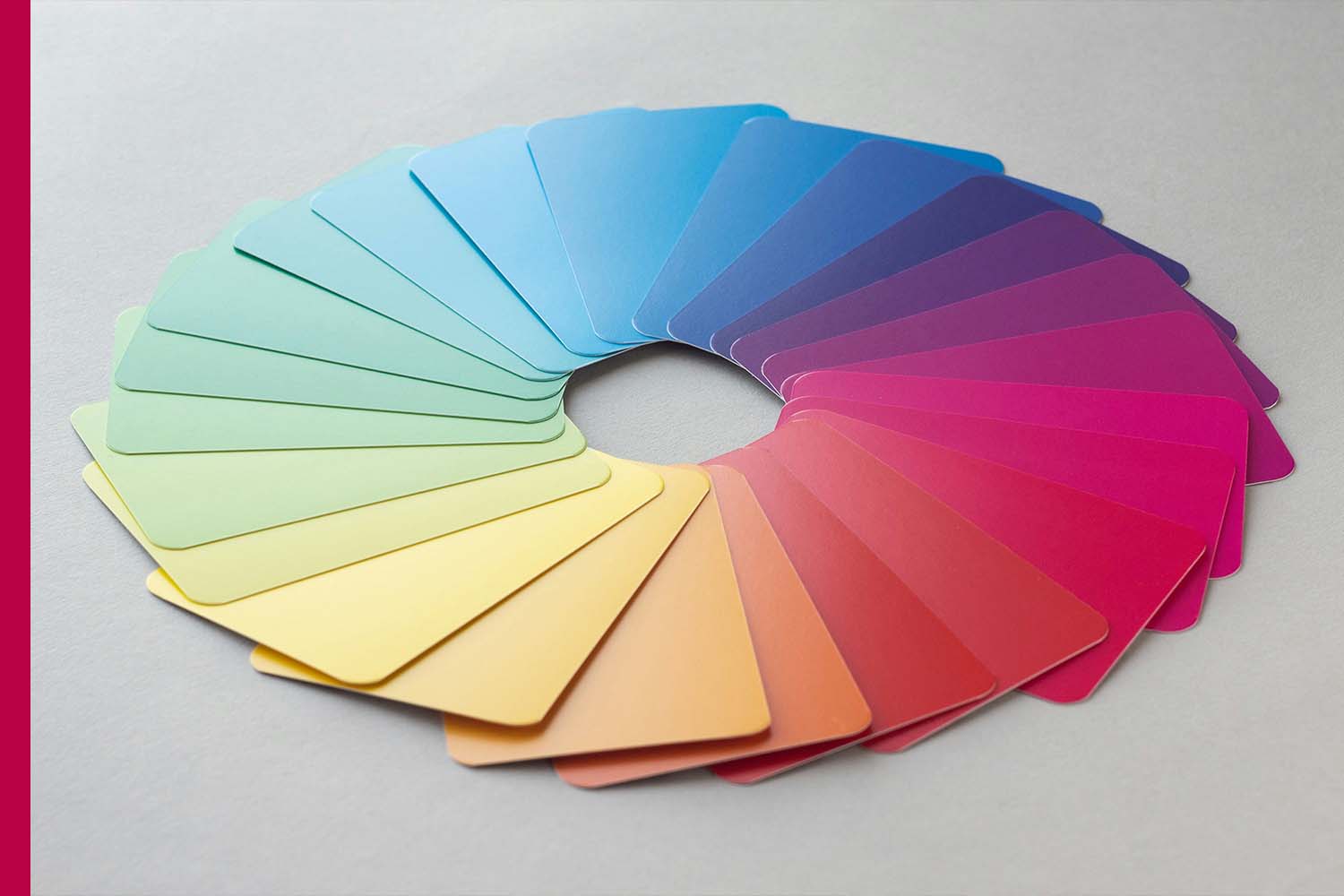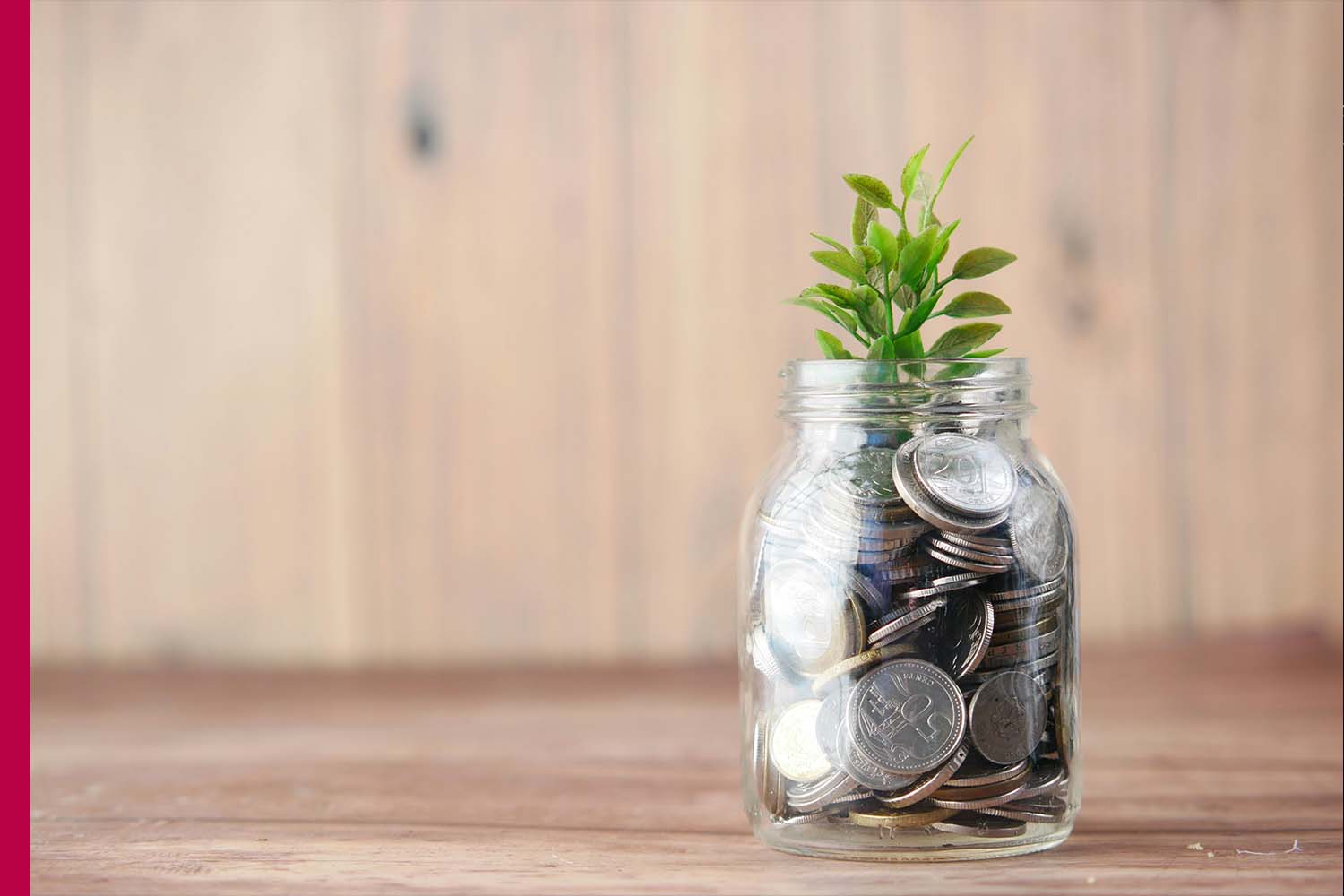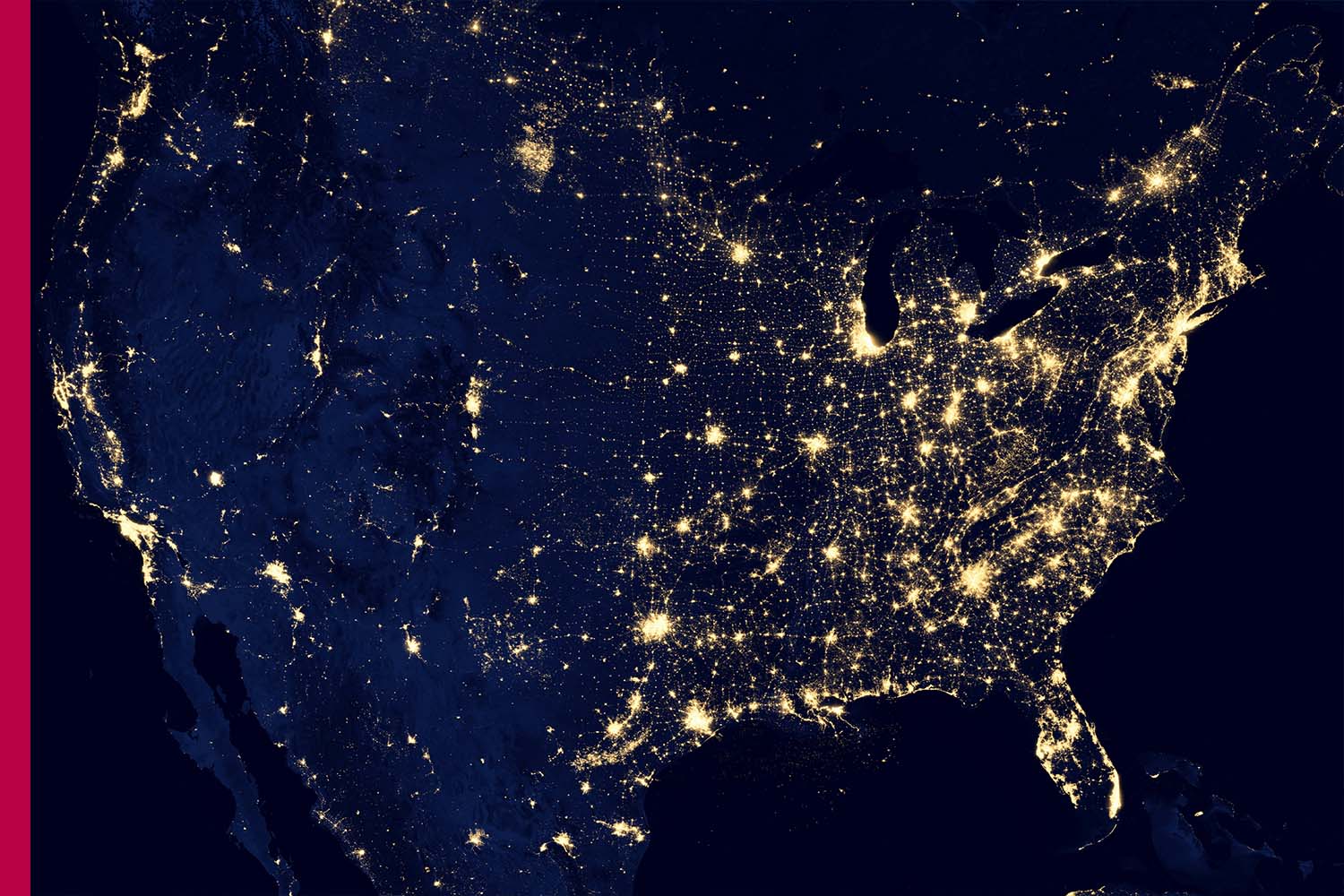The beauty and personal care industry is more than just skincare products, perfumes, or cosmetics—it is a reflection of culture, identity, and self-expression. Across centuries, humans have sought ways to enhance their appearance, care for their bodies, and create rituals that promote confidence and well-being. Today, the sector has grown into a global powerhouse, blending tradition with innovation, and science with artistry.
From ancient beauty rituals to modern high-tech skincare, the industry continues to evolve, driven by shifting consumer demands, sustainability concerns, and digital transformation. Whether it’s luxury cosmetics, eco-friendly skincare, or personalized grooming, beauty and personal care remain deeply tied to how people see themselves and present themselves to the world.
A Brief History of Beauty & Personal Care
Beauty practices date back thousands of years. Ancient Egyptians used kohl eyeliner and natural oils for both aesthetics and sun protection. In India, ayurvedic beauty rituals emphasized natural herbs and oils, while in ancient Greece and Rome, grooming and self-care were symbols of status and health.
Key Segments of the Beauty & Personal Care Industry
1. Skincare
Skincare is the backbone of the beauty industry. Consumers increasingly value products that nourish, protect, and rejuvenate the skin. From basic moisturizers and sunscreens to advanced anti-aging serums, skincare is often seen as an investment in health as much as in beauty.
- Growth in clean beauty: Natural, non-toxic ingredients are gaining traction.
- Dermatology-led products: Science-backed brands are bridging the gap between medicine and beauty.
2. Haircare
Haircare has expanded far beyond shampoo and conditioner. Today, it includes products for styling, coloring, scalp health, and hair repair. The rise of natural textures and demand for chemical-free solutions has inspired brands to create inclusive products for all hair types.
3. Cosmetics
Cosmetics remain central to personal care, but trends have shifted from heavy makeup to more natural, “no-makeup” looks. Beauty enthusiasts seek products that enhance features without overwhelming them.
- Vegan & cruelty-free cosmetics are now industry standards.
- Hybrid products (like foundation with SPF and serums with tint) combine beauty with skincare benefits.
4. Fragrances
Perfumes and body sprays represent personal identity and cultural traditions. Today, customized scents and gender-neutral fragrances are reshaping the market, appealing to individuality over conventional categories.
5. Men’s Grooming
Once overlooked, the men’s grooming industry has exploded. Men are increasingly investing in skincare, beard care, and grooming tools, signaling that beauty and personal care are universal, not gender-specific.
6. Wellness & Holistic Care
The lines between beauty, health, and wellness are blurring. Products like aromatherapy oils, supplements for skin health, and stress-relieving care routines reflect a holistic approach to beauty.
The Digital Transformation of Beauty
- E-commerce boom – Online platforms and social media make beauty products accessible globally.
- Influencer marketing – Beauty influencers and YouTubers shape consumer trends and brand loyalty.
- Virtual try-ons – Augmented reality (AR) allows customers to test lipstick shades or hairstyles virtually.
- Personalization with AI – Brands now use AI to recommend skincare regimens based on skin analysis.

Consumer Trends Driving the Industry
1. Sustainability & Eco-Beauty
Eco-conscious consumers demand recyclable packaging, cruelty-free testing, and sustainable sourcing. Brands are adopting “refillable packaging” and focusing on green beauty to reduce environmental impact.
2. Inclusivity & Diversity
Beauty is no longer limited to narrow standards. Companies are launching inclusive shade ranges, products for all hair textures, and campaigns that celebrate diverse identities, genders, and skin tones.
3. Self-Care Movement
Post-pandemic, beauty is strongly tied to wellness. Skincare routines, spa rituals, and aromatherapy are seen as essential acts of self-care, not just luxury.
4. Tech-Driven Innovation
From DNA-based skincare to biotech ingredients like lab-grown collagen, science-driven products are redefining what beauty can achieve.
Benefits of Beauty & Personal Care
- Confidence Boost – Skincare and cosmetics empower individuals to express themselves and feel more confident.
- Health Protection – Sunscreens, cleansers, and haircare products protect against environmental damage.
- Cultural Expression – Beauty trends often reflect cultural identity and heritage.
- Economic Impact – A trillion-dollar global industry, beauty provides jobs, entrepreneurship opportunities, and innovation.
Challenges in the Beauty Industry
- Greenwashing – Some brands falsely market themselves as eco-friendly without genuine sustainability.
- Counterfeit Products – The rise of e-commerce has fueled the spread of fake beauty products, risking consumer safety.
- Accessibility – Premium products remain out of reach for many due to high costs.
- Sensitive Consumers – With rising skin sensitivity issues, ensuring product safety is a challenge.
The Future of Beauty & Personal Care
- Personalized beauty – DNA-based skincare and AI-powered recommendations will become mainstream.
- Tech-integrated tools – Smart skincare devices and at-home beauty tech will dominate.
- Sustainable luxury – High-end brands will increasingly merge luxury with eco-responsibility.
- Wellness-first approach – Beauty will further merge with holistic health, emphasizing inner well-being.
Conclusion
The beauty and personal care industry is not just about looking good—it’s about feeling good, staying healthy, and embracing individuality. As consumer values shift towards inclusivity, sustainability, and wellness, the industry is moving beyond vanity to become a powerful force for self-expression and self-care.
From ancient rituals to AI-driven skincare, beauty continues to be a mirror of society’s evolution. In the future, as sustainability and personalization take center stage, beauty will become even more meaningful, ethical, and innovative.
In essence, beauty and personal care are timeless industries, but they are far from static. They are constantly transforming—just like the people they serve.












